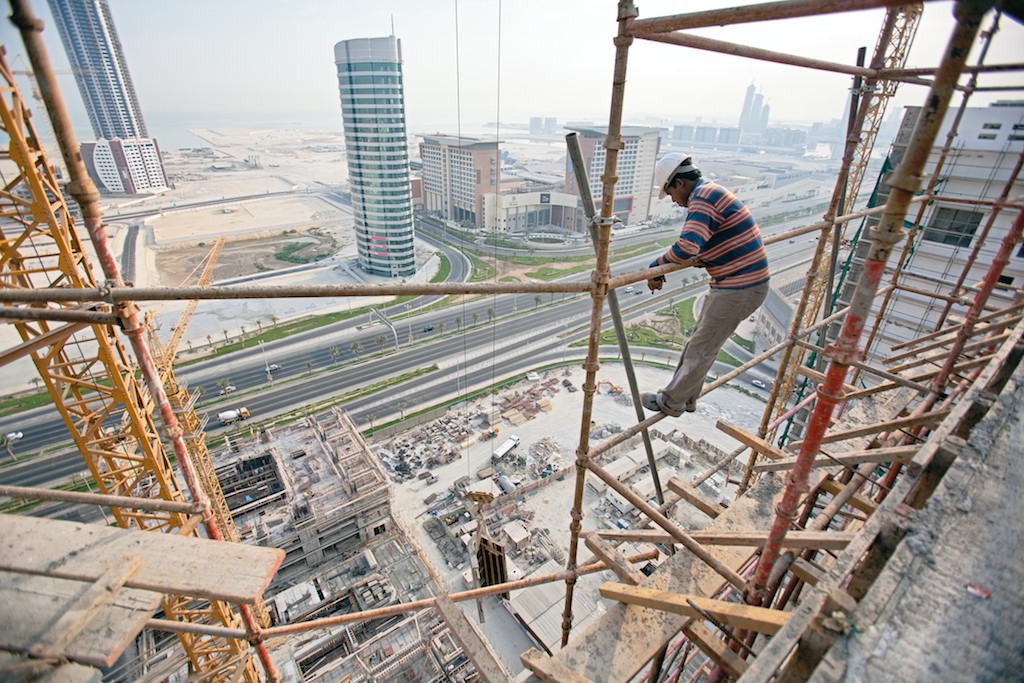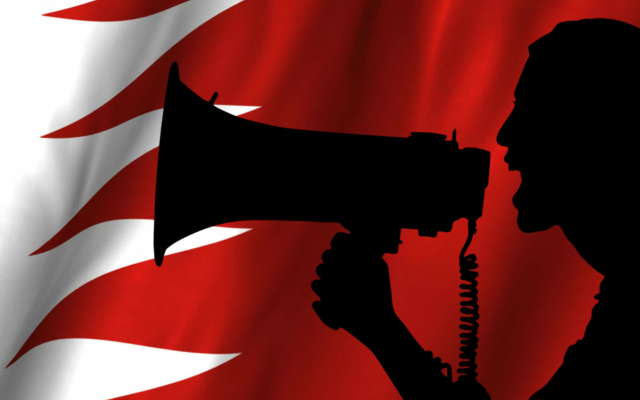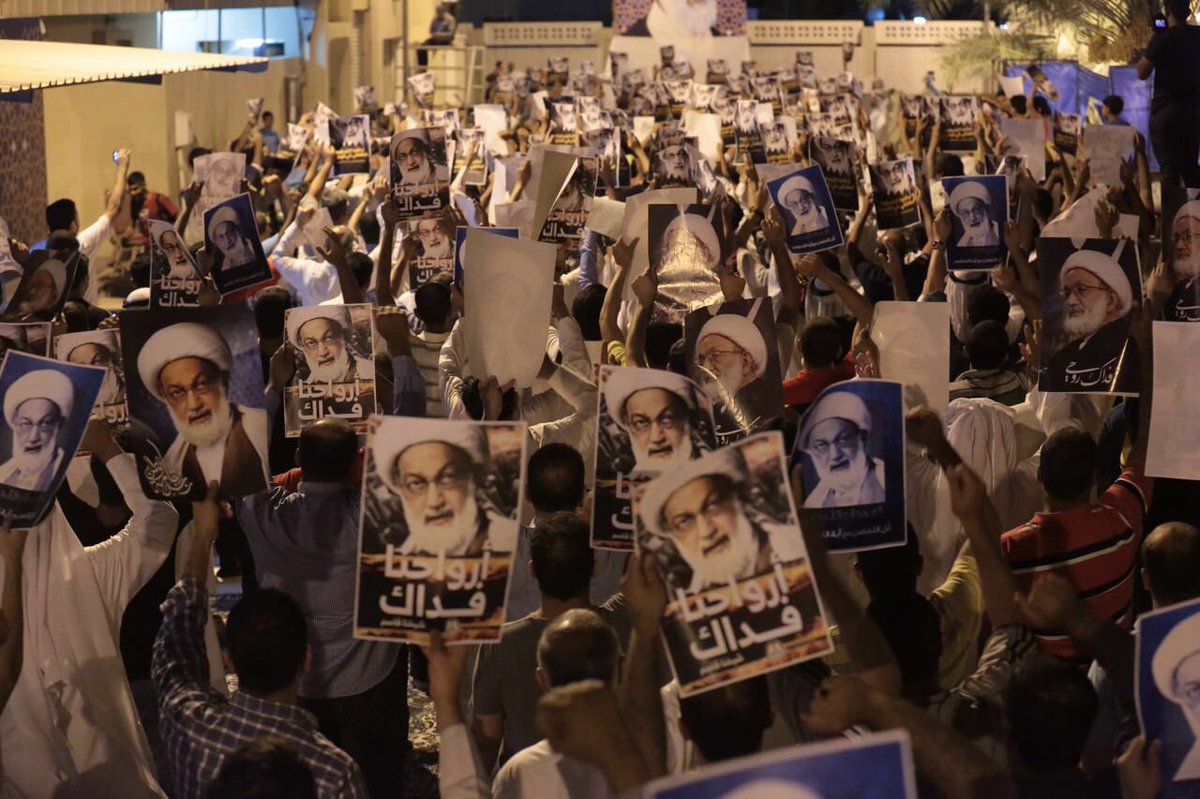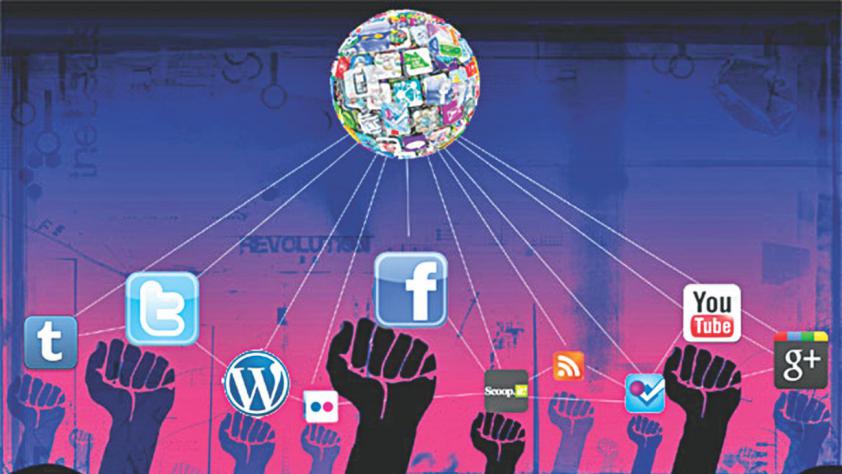In early August, more than 50 construction workers gathered to protest unpaid wages in Bahrain. The group claimed that almost 200 employees had not been paid since last November. According to local media reports, one protesting employee stated that the company had falsely informed the government that the dues had been paid in order to[…]
Since the 2011 Bahraini uprisings, there has been a severe crackdown from the government on the civil liberties of the country’s citizens. Years of mass incarceration, torturing political prisoners, and repressing the freedoms of speech and assembly have finally culminated in some of the largest protests seen since 2011. The June 2016 arrest and detention[…]
14 July 2016 – The Government of Bahrain is targeting public sector employees found in photos and videos of sit-ins with arrest and further punishment. We, the undersigned NGOs, condemn the return of this practice, which violates people’s right to assembly. On 12 July 2016, Ali Abdulraheem, an official at the state Labour Market Regulatory[…]
13 July 2016 – On 20 June, Bahrain’s Ministry of Interior revoked the nationality of Sheikh Isa Qassim, the spiritual leader of Bahrain’s Shia community, rendering him stateless. In response, hundreds of demonstrators began a peaceful sit-in around Sheikh Qassim’s home in the village of Diraz, where he also preaches. Since then, the authorities have[…]
Cyberactivists, those who organize, document or participate in political protests and social movements through online communications, played a large role in the Arab Spring uprisings of 2011. The widespread use of social media websites, including Twitter and Facebook, allowed citizens abroad to shed light on the practices of oppressive governments in the Middle East and[…]
- 1
- 2









